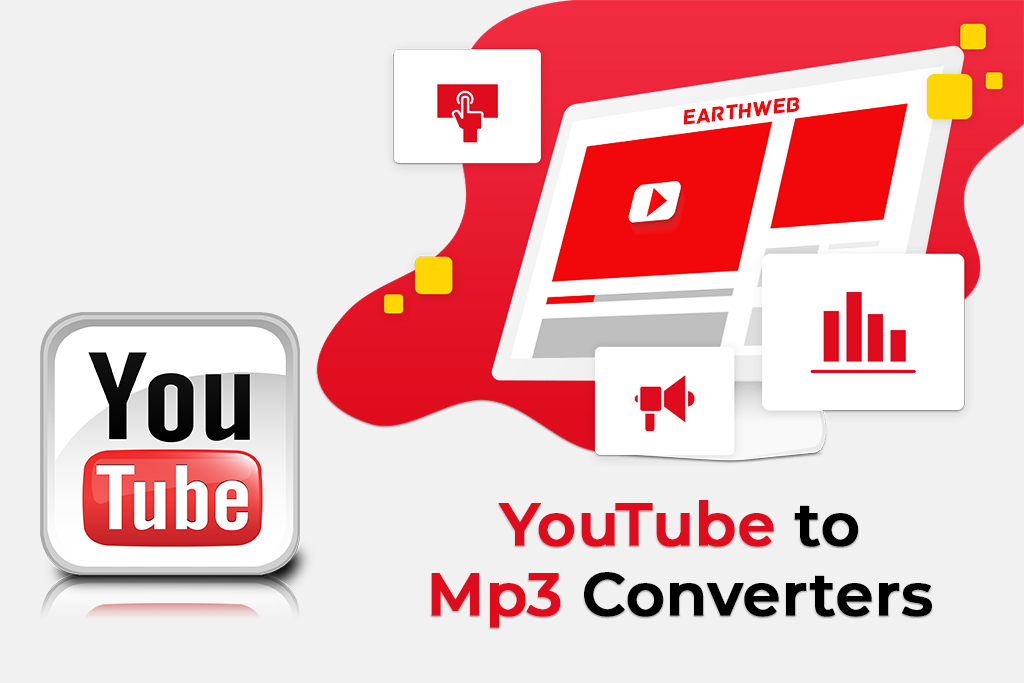In the digital age, where content consumption is at its peak, YouTube has emerged as a treasure trove of music, podcasts, and educational materials. However, users have long yearned for a way to save their favorite audio content in a portable and convenient format, leading to the popularity of “YouTube to MP3” converters. These tools enable users to extract audio from YouTube videos and download them as MP3 files. While it might seem like a convenient solution, the topic of YouTube to MP3 raises significant ethical and legal concerns that demand exploration.
The Legality of YouTube to MP3:
The legality of YouTube to MP3 conversions is a gray area, varying depending on the jurisdiction and the purpose of usage. YouTube’s terms of service strictly prohibit downloading content without permission, which extends to extracting audio. Consequently, such acts may be considered a violation of YouTube’s terms and conditions.
On the other hand, some argue that downloading audio for personal use might fall under the realm of “fair use” in some countries. However, even this notion is often contested, and the legality is not universal. Users should be aware that accessing copyrighted content without proper authorization from the creator or copyright holder can have severe legal repercussions.
Ethical Considerations:
The ethical debate surrounding YouTube to MP3 is multifaceted. Content creators invest time, effort, and resources into producing high-quality videos and music. By downloading their content without proper compensation, users may deprive creators of potential revenue from views, ad revenue, or official downloads.
Supporting creators by watching their videos on YouTube or using official platforms to purchase their content ensures they are adequately compensated for their work. Respect for creators’ rights and acknowledging the value of their content should guide ethical decisions on this matter.
The Impact on Artists and the Music Industry:
For musicians, YouTube has become a powerful platform for exposure and promotion. However, the music industry relies on a complex web of revenue streams, including royalties from official audio streams and video views. YouTube to MP3 conversions can undermine these revenue streams, potentially leading to financial losses for artists, music labels, and other stakeholders.
Moreover, this practice may hinder the growth and sustainability of the creative ecosystem by disincentivizing artists from producing new content if they perceive a lack of support or fair compensation.
Exploring Alternatives:
Instead of resorting to YouTube to MP3 conversions, users can explore legitimate alternatives to access audio content. Many streaming platforms offer subscriptions that provide offline listening and ad-free experiences. By subscribing to these services, users can enjoy their favorite content while supporting artists and content creators.
Additionally, some musicians offer official MP3 downloads or make their music available on platforms like iTunes, Bandcamp, or SoundCloud, where listeners can purchase their work legally.
Conclusion:
YouTube to MP3 conversions might appear convenient, but it is crucial to consider the ethical implications and legal ramifications of such actions. Respecting content creators’ rights and supporting the music industry ensures a sustainable creative ecosystem for artists to thrive.
As users, we hold the power to shape the digital landscape by making informed and ethical choices. By appreciating the value of creative content and supporting artists, we contribute to a vibrant and diverse online community while empowering creators to continue producing the content we love.
